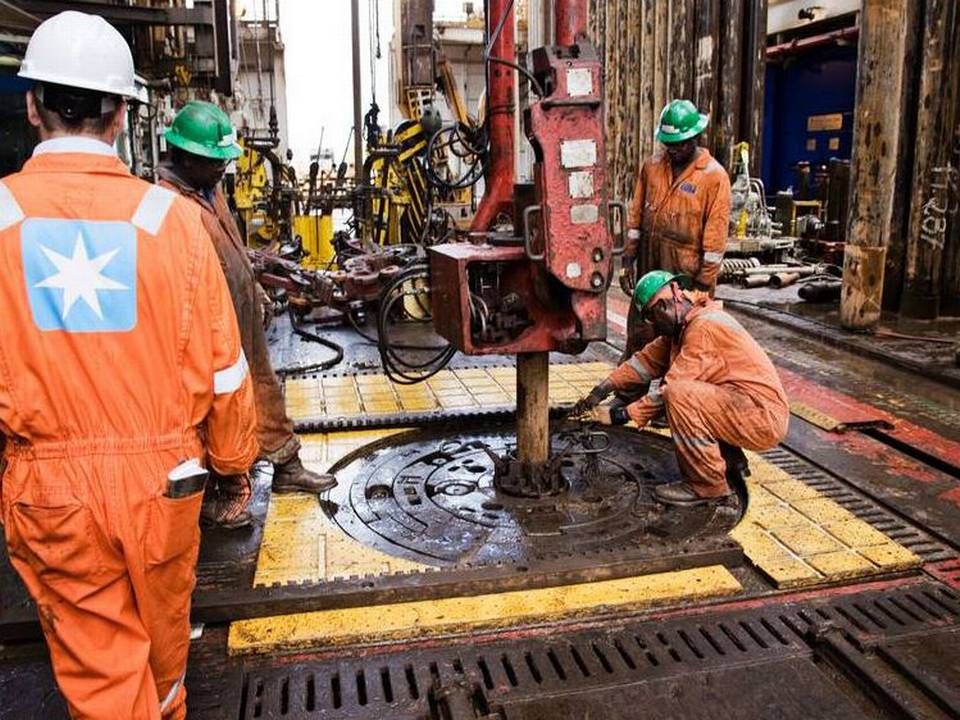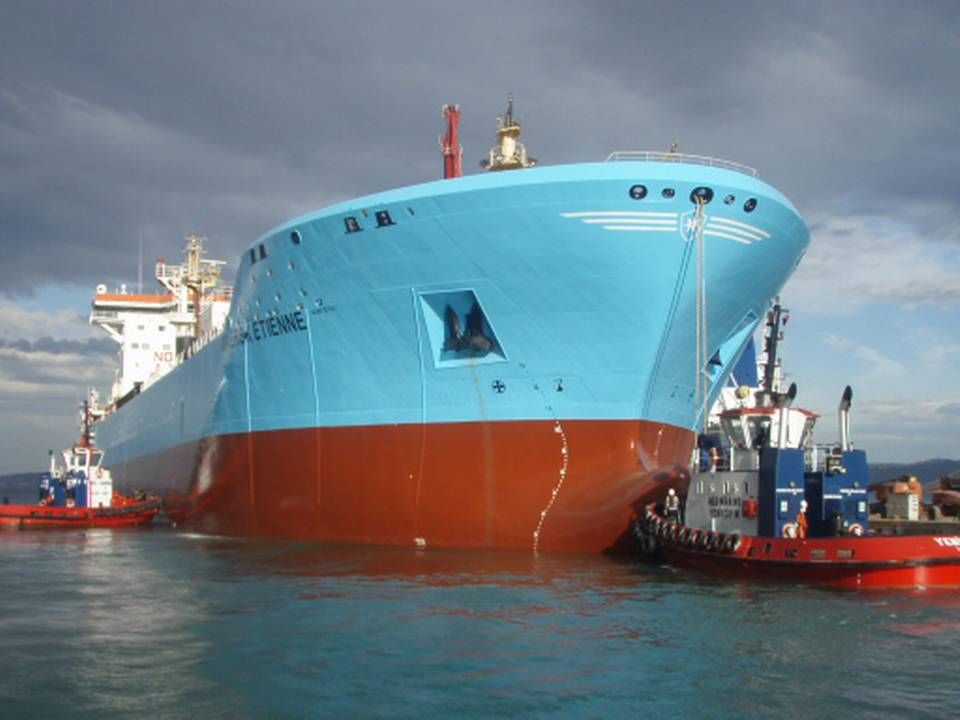Maersk Oil CEO: More aquisitions to follow African deal

Maersk Oil CEO Jakob Thomasen is prepared to put additional large sums on the table in the near future to acquire new oil fields, both in countries and areas where the company is already present as well as in completely new regions.
The acquisition of half of Africa Oil Corporation thus represents a mere first step in the strategy that Thomasen presented recently at the Maersk Group Capital Markets Day in September, where the oil business first of all focused on the current potential for cheap acquisitions in the market caused by the historically low oil prices. The oil price, at less than USD 50, has also hit Maersk Oil, which had to settle for a third quarter profit of USD 32 million, against USD 219 million in the same period last year. But unlike many competitors around the world, the Danish oil company, as part of the Maersk Group, is financially well padded with theoretically around USD 11 billion on hand for acquisitions.
Solid transaction
Maersk Oil will pay USD 365 million up front and is prepared to pay another USD 480 million in subsequent payments for three oil exploration agreements in Kenya and Ethiopia. The remaining payments concern the Lokichar project and depend on the scope of resources discovered and whether the parties comply with agreements for when the first oil can be extracted.
"We believe that we've made a solid deal," says Jakob Thomasen when asked whether Maersk Oil has made a cheap investment in light of the low oil prices. This is as close as he gets to discussing the price.
Maersk Oil: The right acquisitions are out there
"We have always been interested in Africa. Beyond the North Sea, we're looking for areas with low production costs and which hold potential. And we're convinced that there is potential here, though I decline to name a specific number of barrels for the expected output. We have several possible investments currently being considered, both in countries where we are already present as well as in new areas. The next thing we'll be looking actively at will be within our existing countries," Jakob Thomasen tells ShippingWatch.
He adds that the investment in Kenya and Ethiopia does not change the set target the company has for its other Africa segment, in the Chissonga field off the coast of Angola. Here the company is working to cut 20 percent of the fixed costs before the end of 2016. And this work continues undeterred, says Jakob Thomasen, adding that the two projects are completely different, with Kenya and Ethiopia as onshore and Chissonga being a deepwater project.
More oil for Chissonga
"We're still looking at ways to reduce costs, and in this regard we are currently evaluating various concepts. We are also talking to different players about getting more oil associated with the field," he explains.
There could be significant volumes of oil in Chissonga, but the plummeting oil prices have made it impossible to turn a profit on the production here if it is launched in the near future.
At the Capital Markets Day, Jakob Thomasen was reserved when asked about when the Chissonga field could become a good business.
Smedegaard: Our markets are in very bad state
"We would like to reach position in which we have a usable product. We are in a very constructive dialog with authorities and stakeholders in Angola, and things are moving forward, but it will of course take time. This process will not be launched until we're certain that it's profitable," he said.
Maersk Oil's more active strategy should perhaps also reflects the fact that the company's multiple-year lucrative deal with Qatar Petroleum will either be awarded to another oil company in 2017 or will be renegotiated at a very different price.
The agreement between Maersk Oil and Qatar Petroleum dates back to 1992, and after almost 25 years Qatar Petroleum announced in May this year that it would put the contract for operating the field up for tender. As such, Maersk Oil and a long line of other oil companies will have to compete on prices in order to reclaim the contract, set for renewal in mid-2017.
Small chance for Maersk Oil
Analysts are skeptical toward Maersk Oil's chances.
"We believe there's a fairly big risk that they won't get a renewed contract. We base this on numerous people we've talked to in Qatar, as well as the fact that there are at least five major players in the running," senior analyst Stig Frederiksen, Nordea Markets, has previously told ShippingWatch.
The acquired oil assets include 25 percent of the Kenyan exploration licenses 10 BB, 10 BA and 13T. Tullow Oil is operator on the licenses and owns 50 percent, while Africa Oil owns the remaining 25 percent. In Ethiopia, Maersk Oil will get a 25 percent ownership stake in Rift Basin, where Africa Oil serves as operator and also owns 25 percent. The other 50 percent is owned by Marathon.
Finally, Maersk Oil will take over 15 percent of the exploration license South Omo in Ethiopia. This license is operated by Tullow Oil, which owns 50 percent. The other owners here are Marathon with 25 percent and Africa Oil with 15 percent.
Clarksons Platou also beleives Maersk Oil has made a good deal:
"Looking at Africa Oil's announcement it seems like the price was primarily based on historical cost of exploration. So this is generally attractive because the portfolio was apparently quite successful at finding hydrocarbons (high success rate) and Maersk Oil only pays historical cost to explore minus the cost of the risk of not finding, with the finding cost under two dollars per barrel," the British-Norwegian broker says in a comment.
Maersk Oil buys fields for close to a billion dollars
Here is an overview of Maersk Group's Q3 performance
Related articles
Maersk Oil buys fields for close to a billion dollars
For subscribers
Here is an overview of Maersk Group's Q3 performance
For subscribers
Maersk Oil downsizing could hurt Qatar prospects
For subscribers




















